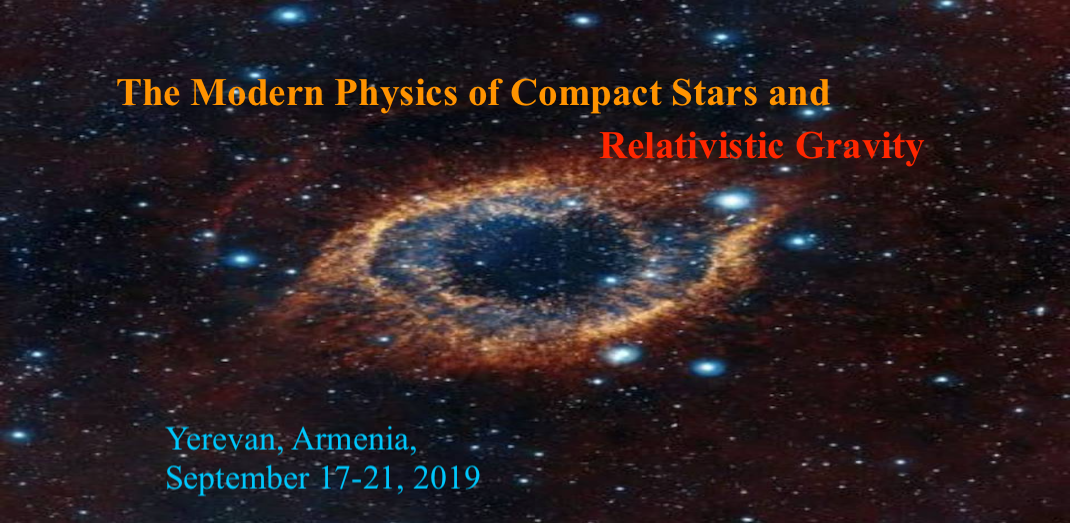Speaker
Description
We study bulk viscosity arising from weak current Urca processes in
dense baryonic matter at and beyond nuclear saturation density. We
consider the temperature regime where neutrinos are trapped and
therefore have non-zero chemical potential. We model the nuclear
matter in a relativistic density functional approach, taking into
account the trapped neutrino component. We find that the resonant
maximum of the bulk viscosity would occur at or below the neutrino
trapping temperature, so in the neutrino trapped regime the bulk
viscosity decreases with temperature as $T^{-2}$, this decrease
being interrupted by a drop to zero at a special temperature where
the proton fraction becomes density-independent and the material
scale-invariant. The bulk viscosity is larger for matter with lower
lepton fraction, i.e., larger isospin asymmetry. We find that bulk
viscosity in the neutrino-trapped regime is smaller by several
orders than in the neutrino-transparent regime, which implies that
bulk viscosity in neutrino-trapped matter is probably not strong
enough to affect the evolution of neutron star mergers.
